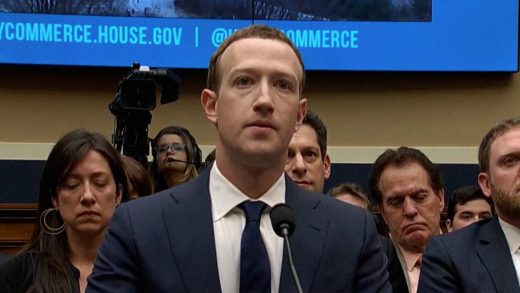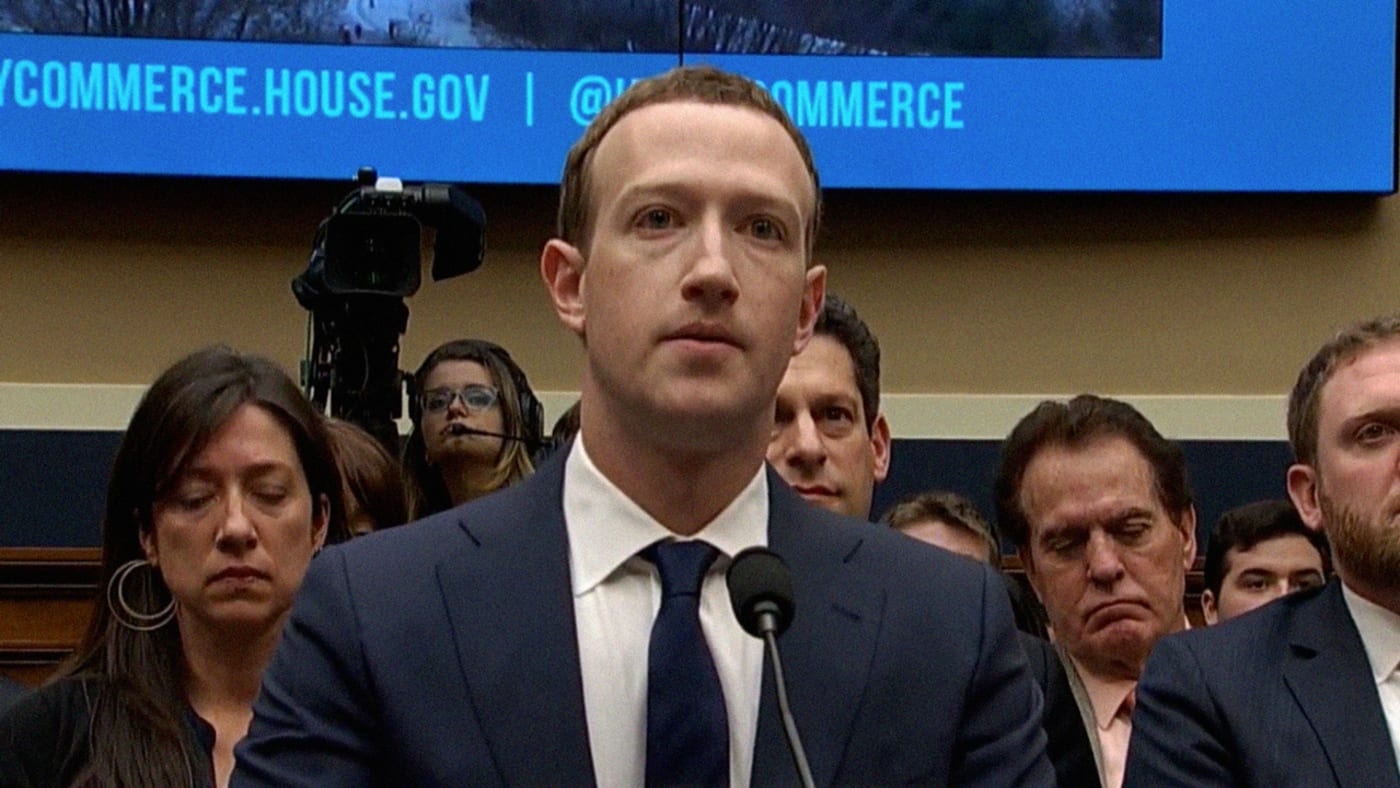This May Be The Most Important Zuckerberg-Congress Exchange Yet
For the last two days, Mark Zuckerberg has been facing questions by congressional lawmakers over Facebook’s data-collection practices and whether the company is doing enough to protect our privacy.
So far, the hearings have mostly been a series of soapboxing or pivoting. The one thing that’s become crystal clear–listening to numerous elected officials try to discuss how Facebook’s technology works–is that Facebook’s back end is complicated by design. This has made it possible for Zuckerberg to avoid tough questions, because the interviewers lack the technical knowledge to effectively challenge the Facebook CEO.
But more than two hours into today’s hearing, Congressman Ben Luján (D-NM) pushed back. During his initial questioning, he first brought up a search feature–which Facebook got rid of last week–that reportedly enabled people to scrape and gather large amounts of information. Zuckerberg had no answer.
Then Luján dug deeper into the social network’s data-collection practices–in particular, how these practices affect people who have never signed up for Facebook. Here’s a transcript of the exchange:
LUJÁN: Facebook has detailed profiles on people who have never signed up for Facebook, yes or no?
ZUCKERBERG: Congressman, in general we collect data from people who have not signed up for Facebook for security purposes to prevent the kind of scraping that you were just referring to.
LUJÁN: These were called shadow profiles? Is that what these were referred to by some?
ZUCKERBERG: Congressman … I’m not familiar with that.
LUJÁN: I’ll refer to them as shadow profiles for today’s hearing … On average, how many data points does Facebook have on each Facebook user?
ZUCKERBERG: I do not know off the top of my head
LUJÁN: So the average for non-Facebook platforms is 1,500. It’s been reported that Facebook has as many as 29,000 data points for an average user. Do you know how many points of data Facebook has on the average non-Facebook user?
ZUCKERBERG: Congressman, I do not off the top of my head. But I can have my team get back to you afterwards.
After this, Luján tried to dig deeper into this non-Facebook user data question.
LUJÁN: Can someone who does not have a Facebook account opt out of Facebook’s involuntary data collection?
ZUCKERBERG: Anyone can turn off and opt out of any data collection for ads, whether they use our services or not. But in order to prevent people from scraping public information–which, again, the search feature you brought up showed public information–people’s names and profiles and things that are made public. But nonetheless we don’t want people aggregating people’s public information … We need to know when someone is trying to repeatedly access our services.
LUJÁN: You’ve said everyone controls their data. But you’re collecting on people that are not even Facebook users, that have never signed a consent, a privacy agreement. You’re collecting their data. And it may surprise you that on a Facebook page you go to ‘I don’t have a Facebook account and would like to request all my personal data stored by Facebook,’ it takes you to a form that says, go to your Facebook page, and then on your account settings, you can download your data. So you’re directing people that don’t have access to–don’t even have a Facebook page–to have to signup for a page to reach their data. We’ve got to fix that.
In true congressional-hearing form, no answers were gleaned from this exchange. But Luján did dig into an issue that nearly every other politician had been unable to verbalize in a cogent manner: Facebook’s data practices as they relate to non Facebook users. Yet the fact that Zuckerberg was unable to answer any of these questions head on, gave real insight into his inability to assuage people’s concerns.
Ultimately, this comes down to Facebook’s business model. It collects people’s data, and then funnels it into one of the most powerful advertising platforms the world has ever seen. When questions arose about the company’s business, Zuckerberg said either he’d get back to people or refused to understand the question. Luján, however, showed that it’s possible to ask the right questions in a clear way. And Zuckerberg’s inability to answer indicated that the emperor may be wearing no clothes.
(17)



